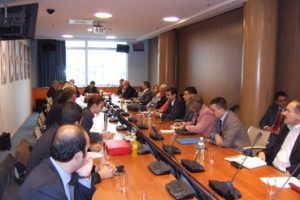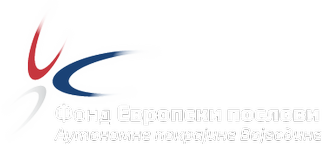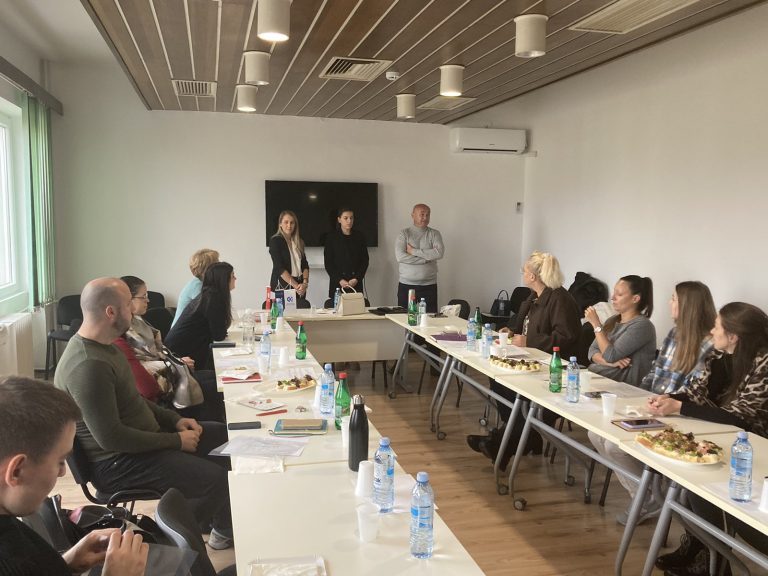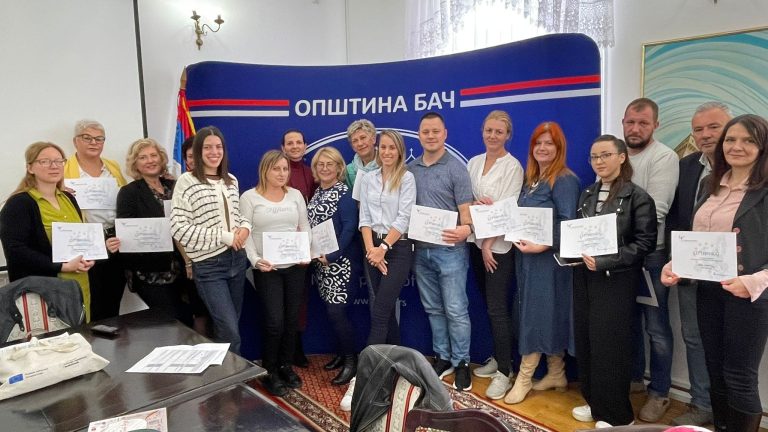Agreement on Cooperation between the Chamber of Economy of Vojvodina and Chamber of Economy of Friuli-Venezia Giulia Region signed

Novi Sad, 11 December – Today an Agreement on Cooperation was signed between the Chamber of Economy of Vojvodina and the Chambers of Economy of Friuli-Venezia Giulia Region (Chamber of Economy of Trieste, of Udine, of Gorizia and of Venice) at the Chamber of Economy of Vojvodina, at the Master Center of the Novi Sad Fair. The Agreement was signed in cooperation with Informest, Italian Development Agency, which also has an office in Novi Sad, and which should encourage larger investment and facilitate the relations between businessmen and entrepreneurs from the two regions.
The signatories to the Agreement were Nikola Stojšić, President of the Chamber of Economy of Vojvodina, and Fraco Iakopo, Secretary of International Economic Relations of Friuli-Venezia Giulia Region. They indicated to a long tradition of mutual cooperation, the need for a growing number of joint plans and projects, for good knowledge on investment and business conditions and for a greater scope of direct cooperation at local level, moreover, to the preparation for joint performance when applying for EU funds and to the promotion of partnership at regional level, as some of the most important activities which would attract new investments and businesses in the areas of cooperation, ranging from agriculture and agribusiness, to investment into renewable energy sources. Trade and investment from the Republic of Italy, which is one of the traditional and most important partners of Vojvodina and Serbia, could significantly be expanded and increased. What also contributed to the improvement of regional relations and a more successful economic cooperation was the signing of the Protocol on Cooperation between our Province and the Region of Friuli-Venezia Giulia, by means of which necessary institutional relations and a base for a more concrete cooperation were established. As one of the possibilities for financial support for new projects and future business cooperation, a new Italian credit line with a value of €30 million was presented, which similarly to the previous one of €32 million, was designed for the promotion of economic cooperation with Serbia and Vojvodina, start-up credit and especially, for partner performance in joint projects when applying for EU funds.
Prior to Agreement signing, there was a workshop, in which the representatives of provincial institutions: the Office for European Affairs, Guarantee Fund of Autonomous Province of Vojvodina, VIP, Capital Investment Fund and Provincial Secretariat of Economy, presented the work of their institutions and the framework for support to investment and business in our Province to the representatives of Italian construction companies. The Italian partners and businessmen were addressed by Predrag Novikov, Director of the Office for European Affairs, Branislav Bugarski, Director of VIP, Imre Kern, Capital Investment Fund of Autonomous Province of Vojvodina, and Milan Ćeran, Assistant to the Provincial Secretary of Economy.
In addition to the satisfaction of foreign companies, especially Italian ones, banks and insurance companies, which is the best recommendation for new investments, investment in Vojvodina is very attractive because of its special geographic position; great potential in many areas of agriculture, economy and services; the Danube and a stretch of Pan-European Corridor X; stimulating measures and special incentives for investors employing a hundred new workers or investing more than 600 million Dinars; and legal guarantees for long-term tax exemption. Some of the significant advantages of doing business in Vojvodina are CEFTA, including the majority of the countries in the region and Moldova, most favorable conditions for the import of goods and services from Serbia for the Russian market, and EU standards in book-keeping. Since the majority of the participants today were representatives of construction companies, it was said that next year, apart from other activities and tenders, a number of local roads and streets in inhabited places (a great deal of road network falling outside the competencies of the republican ministries) would be restored, two bridges near Novi Sad were to be built, other infrastructure projects in traffic, water-management, agriculture and tourism would be undertaken. Furthermore, the projects would involve reconstruction of facilities in health, protection of the environment, bioenergy development, renewable energy sources and modern waste-management, construction and reconstruction of dump sites.







